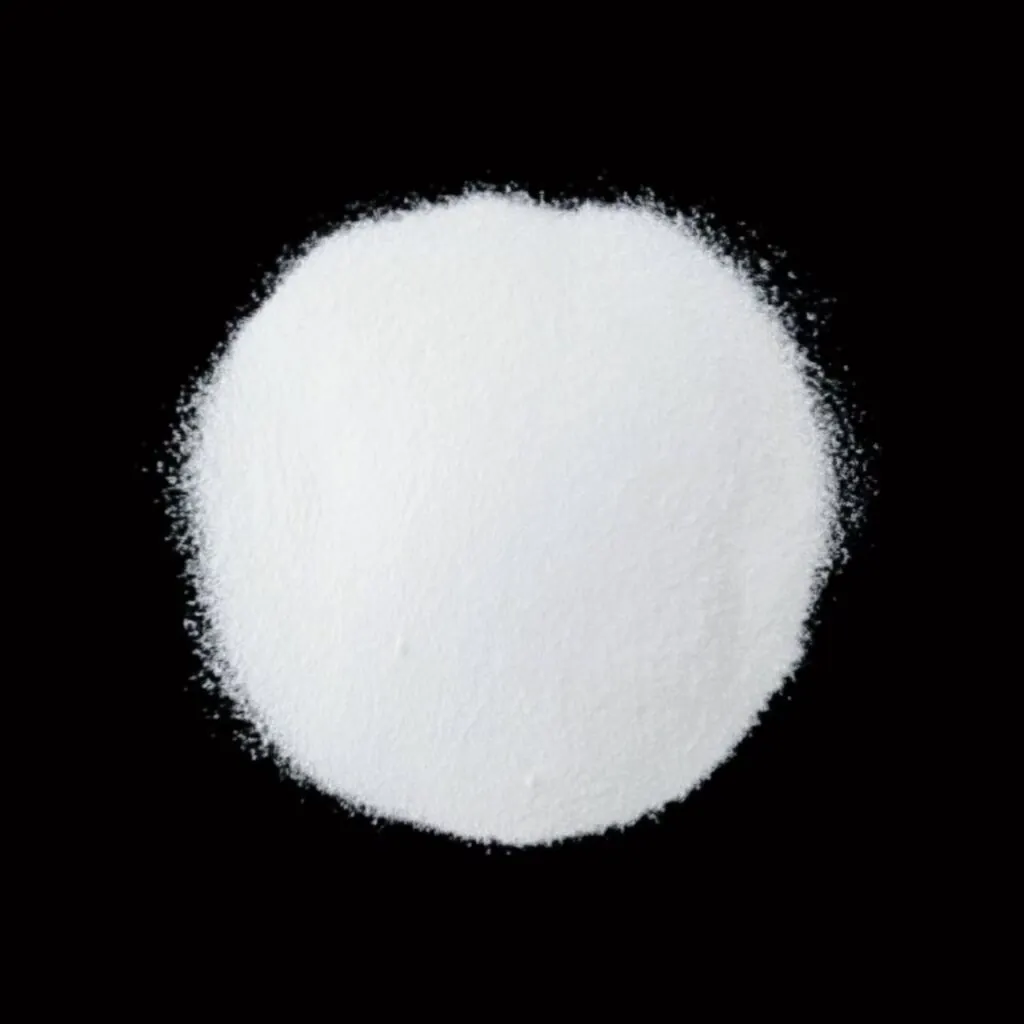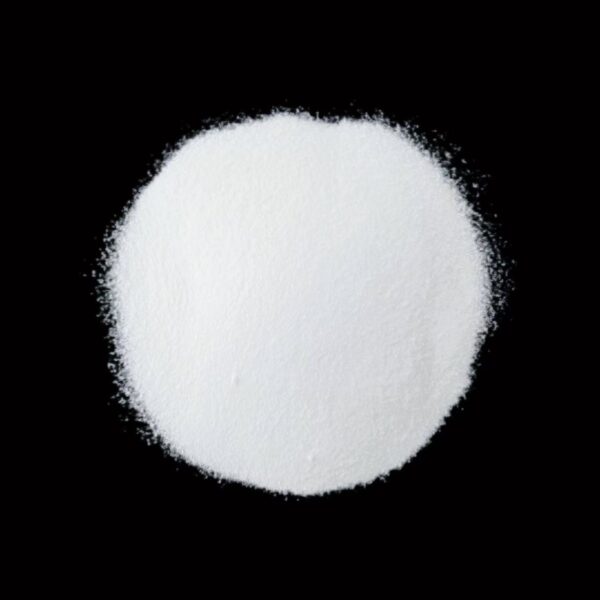Industry reports show a staggering 30% failure rate in supply chain management scenarios relating to raw material acquisition for oleochemical manufacturers—is your supply strategy truly reliable? As companies push for eco-friendly solutions, the need to streamline processes without compromising quality becomes paramount. Understanding the limitations faced by traditional methods can provide critical insights into how oleochemical manufacturers can meet the ever-increasing demand for sustainable products.

Identifying Flaws in Traditional Solutions
Look, it’s simpler than you think. Traditional extraction methods often struggle with inconsistencies and high operational costs. Manufacturers frequently encounter challenges related to inefficient energy use and prolonged production cycles. Relying on outdated technologies can introduce risks—like product degradation and contamination—that ultimately impact customer satisfaction. These setbacks are not only costly but can also damage brand reputation. So, how can you pivot to a more reliable, greener alternative?

Embracing Innovative Technologies
The key is—never ignore evolving technological parameters. Innovative practices such as biorefinery concepts harness waste materials to produce oleochemicals efficiently. This paradigm shift not only improves productivity but also emphasizes environmental stewardship. New extraction techniques, utilizing enzymes and non-toxic solvents, offer enhanced biocompatibility and reduce harmful emissions. As the landscape shifts, it’s essential for oleochemical manufacturers to stay ahead by adopting these progressive solutions.
Quantified Benefits for Users
When it comes to quantifiable user benefits, embracing modern techniques translates to an average cost reduction of 20% in production—sounds great, right? By optimizing processes, manufacturers can not only increase yield but also improve product quality. This satisfaction often results in enhanced customer loyalty and market share. So, who wouldn’t want these perks when navigating the shifting tides of manufacturing? Ultimately, focusing on the long-term strategy ensures sustainability—both environmentally and economically.
Conclusion: Evaluate before You Commit
Always verify these 3 metrics when choosing solutions: ① Efficiency rates ② Environmental impact assessments ③ Reliability of supply chains. By keeping these criteria at the forefront, oleochemical manufacturers can ensure they are not just staying afloat but thriving in a competitive market. Adapting to change is vital, and those willing to innovate will pave the way for a more sustainable future. For tailored solutions in this evolving landscape, consider partnering with reputable oleochemical manufacturers like Zanyu, known for their supply advantages that align with market needs.